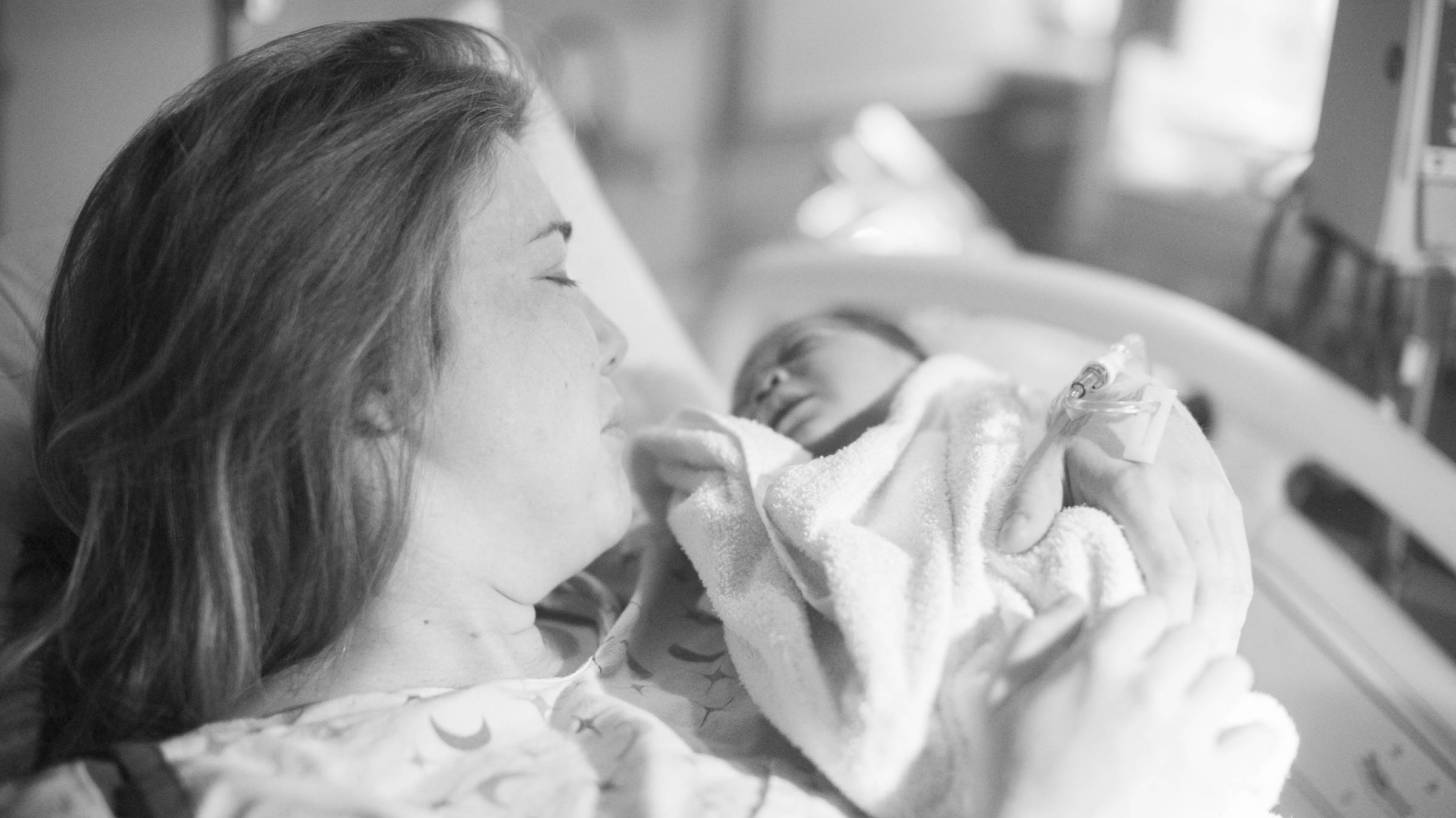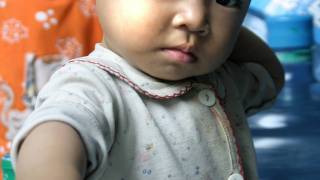Managing Pregnant and Reproductive-Aged Women during a Measles Outbreak

The University of Washington (UW) has developed a Consensus Statement including care guidance for managing high-risk pregnant patients confronted with a measles virus risk.
While most women have measles immunity due to prior vaccination, given risks associated with measles in pregnancy, possible infection or exposure to measles should be carefully and expediently investigated, said the UW.
This guidance is important since measles is highly contagious and infects approximately 90 percent of susceptible individuals exposed in close-contact settings.
The parental choice to opt-out of infant and childhood vaccination allows population immunity to drop below the threshold levels needed to stop outbreaks of measles, placing vulnerable patients such as pregnant women, infants under 12 months of age, and immunocompromised individuals at increased risk.
Additionally, the UW says ‘healthcare providers who care for pregnant women living in or traveling to, areas with an active measles outbreak are encouraged to refer to these recommendations and algorithms.
These areas include cities in the USA such as New York and various countries around the world.
Selected points from the American College of Obstetricians and Gynecologists (ACOG) and the Centers for Disease Control and Prevention (CDC) recommendations are highlighted below:
- Women Considering Pregnancy:
- Women of reproductive age and those contemplating pregnancy should assess their measles immune status with their primary health provider prior to pregnancy (see algorithm) and receive the measles-mumps-rubella (MMR) vaccine if non-immune.
- After receiving the MMR vaccine, women should wait 4 weeks prior to attempting pregnancy given theoretical risks to the fetus with live vaccines.
- However, inadvertent MMR vaccination in the periconception period or in early pregnancy, should not be considered an indication for termination of pregnancy.
- Pregnancy:
- One documented dose of MMR vaccine is sufficient for low-risk individuals, including pregnant women.
- For women at high risk of contracting measles, a documented history of 2 prior MMR vaccine doses is needed to confirm immunity. However, obstetrician-gynecologists should consult their local health departments when determining immunity from vaccination.
- In areas of ongoing outbreaks where there is sustained transmission in close-knit communities, serologic testing for measles IgG can be considered in pregnant women without documented immunity to measles.
- Pregnant women with suspected measles exposure but without immunity should receive intravenous immunoglobulin (IGIV) treatment within 6 days of measles exposure.
- If serologic testing and obtaining results are not available in a timely manner, and measles exposure is suspected in a non-immune pregnant woman, the patient should receive measles immunoglobulin (IGIV).
- Obstetrician-gynecologists should follow local health department guidelines for testing.
- Postpartum:
- MMR vaccine should be administered postpartum to women who lack evidence of measles immunity.
- Breastfeeding has not been shown to affect the immune response to MMR.
- MMR vaccine is safe in breastfeeding women and has not been shown to have adverse effects in neonates.
- Addressing vaccination with your patients:
- During prenatal visits, discuss the importance of vaccination, especially measles, with your patients and encourage them to vaccinate their children. Most women start the decision-making process about vaccinations for their children before or during pregnancy
- A randomized control trial showed that prenatal or postnatal education of mothers on childhood vaccinations resulted in higher infant immunization rates.
For additional information please check the CDC’s Measles Cases and Outbreaks, along with the ACOG-Supported University of Washington’s Obstetric Consensus Statement: Measles & the MMR Vaccine: Recommendations Around Pregnancy, Including the Periconception and Postpartum Periods.
This Practice Advisory was developed by the American College of Obstetricians and Gynecologists’ Immunization, Infectious Disease, and Public Health Preparedness Expert Work Group with Linda O’Neal Eckert, MD and Laura E. Riley, MD in collaboration with Alisa Kachikis, MD and the University of Washington.
In the USA, there are 2 approved measles vaccines, MMR-II and ProQuad, which are available from most pharmacies. Financial assistance programs can be found at Vaccine Discounts.
Relevant Links: CDC vaccination schedules, CDC vaccine price list, international travel alerts, and how to report vaccine side effects.
Our Trust Standards: Medical Advisory Committee

























